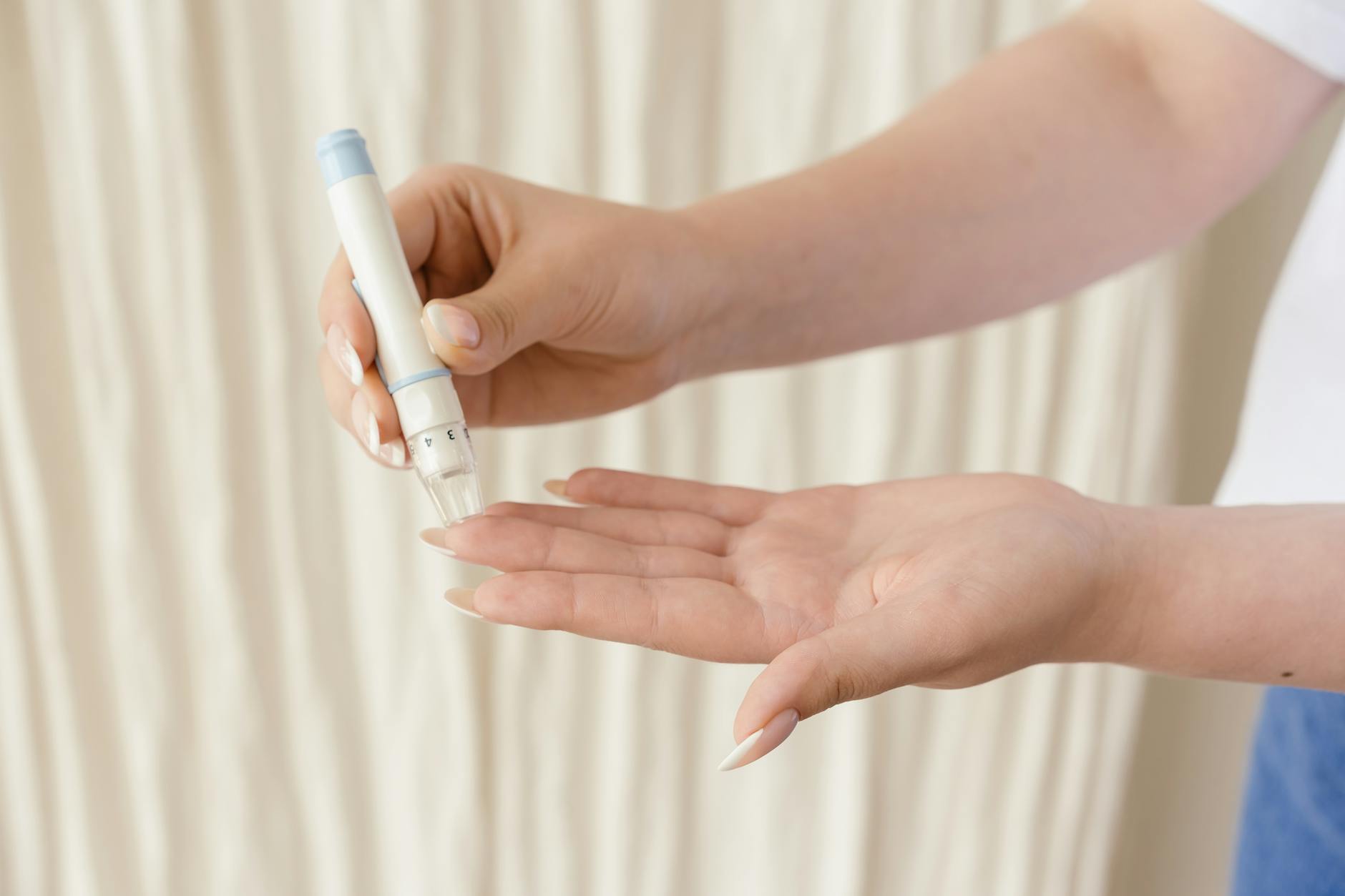Discover the secrets to breaking the sugar addiction and effectively managing Type 2 diabetes like a pro. Find out how!
Table of Contents
Welcome to our comprehensive guide on managing Type 2 Diabetes like a pro. In this blog post, we will dive deep into the world of Type 2 Diabetes, exploring its causes, symptoms, treatments, and most importantly, how you can take control of your health and make positive lifestyle changes to feel your best every day.
Type 2 Diabetes: An Overview
Type 2 Diabetes is a chronic condition characterized by high levels of sugar (glucose) in the blood. This can lead to a variety of health complications if left unmanaged, including heart disease, nerve damage, kidney problems, and more. Common symptoms of Type 2 Diabetes include increased thirst, frequent urination, fatigue, and blurred vision.
While genetics play a role in the development of Type 2 Diabetes, lifestyle factors such as poor diet, lack of exercise, and obesity can also significantly increase your risk. The good news is that with the right combination of medication, diet, and exercise, Type 2 Diabetes can be effectively managed.
Managing Type 2 Diabetes
One of the most important aspects of managing Type 2 Diabetes is adopting a healthy diet. This means limiting your intake of sugary foods and beverages, as well as refined carbs like white bread, pasta, and rice. Instead, focus on incorporating more fruits, vegetables, whole grains, lean proteins, and healthy fats into your meals.
Tracking your carbohydrate intake can also be helpful for managing blood sugar levels. Working with a registered dietitian can provide you with the guidance and support you need to create a personalized meal plan that works for you.
Exercise
Regular exercise is crucial for managing Type 2 Diabetes. Physical activity not only helps to lower blood sugar levels but also improves insulin sensitivity and overall cardiovascular health. Aim for at least 150 minutes of moderate-intensity aerobic exercise per week, along with strength training exercises at least two days a week.
Finding activities that you enjoy, whether it’s walking, swimming, cycling, or yoga, can make it easier to stick to a regular exercise routine. Remember to consult with your healthcare provider before starting any new exercise program, especially if you have other underlying health conditions.
Medication
In addition to lifestyle changes, medication may be necessary to effectively manage Type 2 Diabetes. Depending on your individual needs, your healthcare provider may prescribe oral medications, insulin injections, or other medications to help regulate blood sugar levels.
| Tip | Description |
|---|---|
| Awareness | Be mindful of the sugar content in foods and drinks. Read labels and choose wisely. |
| Healthy Alternatives | Replace sugary snacks with fresh fruits, nuts, or vegetables for a satisfying treat. |
| Meal Planning | Plan balanced meals with a mix of proteins, healthy fats, and whole grains to keep blood sugar stable. |
| Regular Exercise | Stay active to help improve insulin sensitivity and manage blood sugar levels effectively. |
| Consult a Professional | Work with a healthcare provider to create a personalized diabetes management plan. |
It’s important to take your medication as prescribed and regularly monitor your blood sugar levels to ensure that your treatment plan is working effectively. Don’t hesitate to ask your healthcare provider any questions or express any concerns you may have about your medication regimen.
Creating a Support System
Living with Type 2 Diabetes can be challenging, both physically and emotionally. That’s why it’s essential to surround yourself with a strong support system of healthcare providers, family members, friends, and fellow individuals living with Type 2 Diabetes.
Attending support groups, seeking counseling, and connecting with others who understand what you’re going through can provide invaluable emotional support and inspiration to help you stay motivated and on track with your diabetes management plan.
Conclusion
Managing Type 2 Diabetes is all about taking control of your health and making positive lifestyle changes that support your overall well-being. By focusing on a healthy diet, regular exercise, appropriate medication, and building a strong support system, you can effectively manage your Type 2 Diabetes and live a full and active life.
Remember that every journey is unique, and it’s okay to seek help when needed. With dedication, perseverance, and a proactive approach to your health, you can confidently manage Type 2 Diabetes like a pro.
Can Type 2 Diabetes be managed without medication?
While lifestyle changes like diet and exercise are crucial in managing Type 2 Diabetes, medication may be necessary to control blood sugar levels effectively, especially in cases where lifestyle modifications alone are insufficient.
What are some healthy alternatives to sugary snacks?
Opt for fresh fruits, nuts, or vegetables as satisfying and nutritious snack options to replace sugary treats. These choices can help stabilize blood sugar levels and support overall health.
How important is it to monitor blood sugar levels regularly?
Regular blood sugar monitoring is essential for tracking how your body responds to food, medication, and physical activity. It helps you make informed decisions about your diabetes management plan.
How can I build a strong support system for managing Type 2 Diabetes?
Surround yourself with healthcare providers, family, friends, and fellow individuals living with Type 2 Diabetes. Join support groups, seek counseling, and connect with others to gain emotional support and motivation on your journey to managing diabetes confidently.





